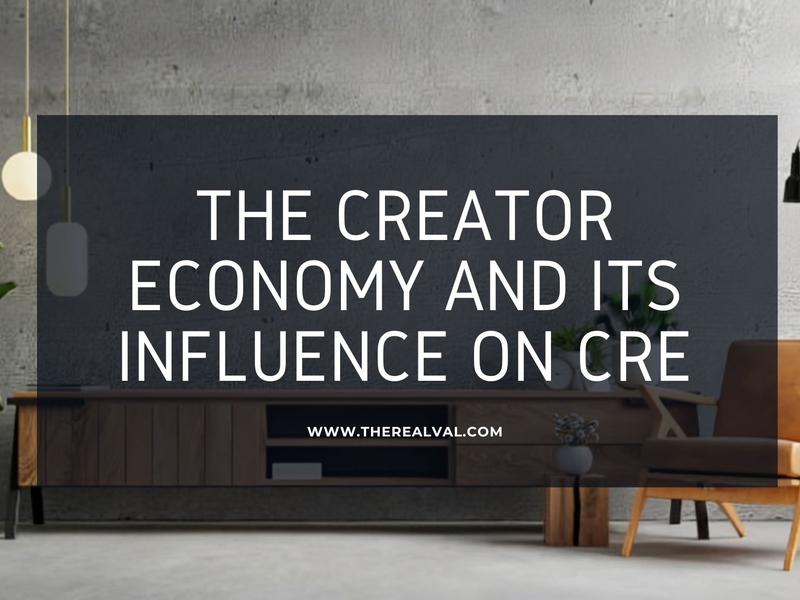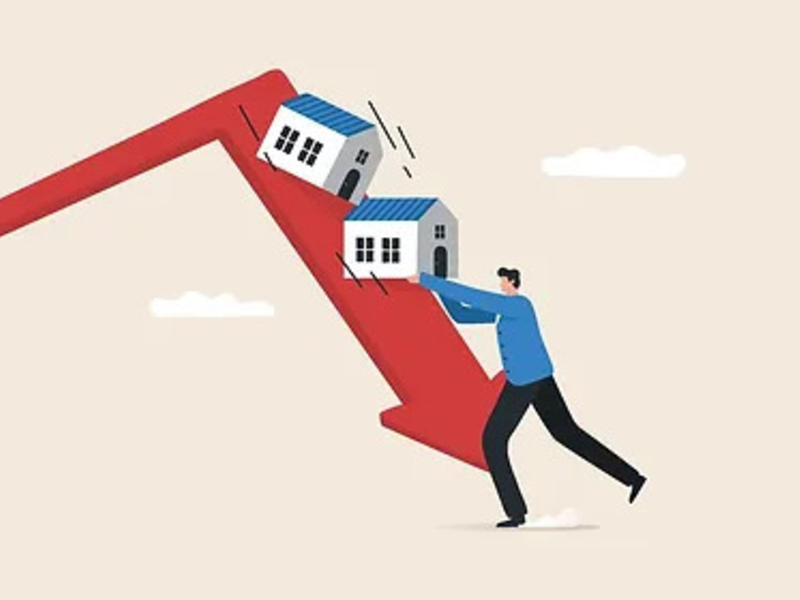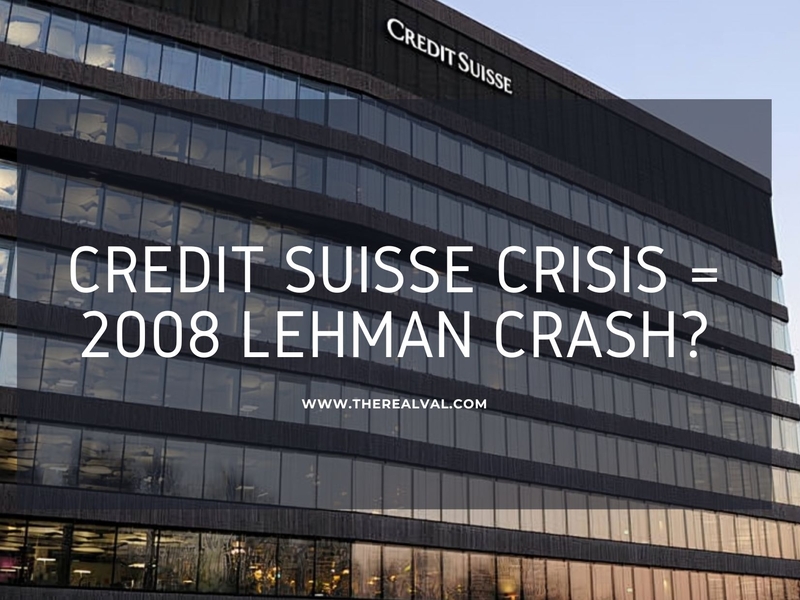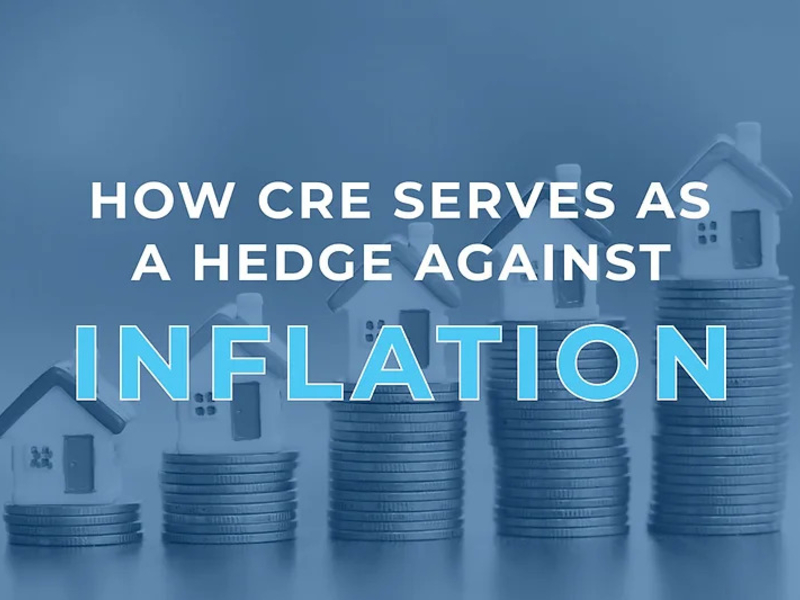The Creator Economy is a modern-day revolution where individuals turn their creative talents into revenue streams through digital platforms. Think influencers, bloggers, podcasters, and video creators connecting with audiences via social media and other online spaces. This booming sector isn’t just about likes and shares- it is reshaping the CRE landscape.
Fast forward to 2024, the U.S. creator economy is valued at a whopping $50.1 billion- and it is just getting started. Experts predict it could skyrocket to $1.5 trillion by 2034, with an impressive compound annual growth rate (CAGR) of 26.4%. [Market Scoop] What’s driving this explosive growth? A blend of increasing internet access, a demand for authentic, relatable content, and a growing preference for personalized experiences over traditional advertising.
The Creator Economy brings together a vibrant mix of professionals, each contributing their unique talents to this booming landscape:
- Content Creators: From bloggers and YouTubers to social media influencers, podcasters, and online educators, these individuals connect with audiences through engaging, platform-specific content.
- Artists & Musicians: Visual artists, musicians, performers, and other creative professionals are redefining how art and entertainment reach audiences in the digital age.
- E-commerce Entrepreneurs: Online retailers, drop shippers, and digital product creators are leveraging the Creator Economy to launch and scale their ventures, blurring the lines between creativity and commerce.
Impact on Office Space and Studio Rentals-
The rise of the Creator Economy is driving a growing demand for office spaces designed with creators in mind. Traditional offices are being replaced by dynamic co-working spaces that offer flexibility, collaboration, and specialized setups to meet creators’ unique needs.
- Studio Space Rentals: Creators need dedicated environments for activities like filming, photography, and content creation. This has fuelled a boom in demand for studios equipped with professional-grade facilities for video production, podcasting, and live streaming.
- E-commerce Studios: With creators diving into e-commerce, specialized studios are becoming essential for product shoots and online sales presentations. These spaces are tailored to support seamless content production for digital storefronts.
- Flexible Workspaces: The remote work revolution has further amplified the need for adaptable office solutions. Flexible spaces accommodate individual creators as well as small teams, fostering a balance between productivity and creativity.
The Rise of Creator Hubs-
Cities are adapting to the Creator Economy with the development of creator hubs—modern community centres designed to bring creators together. These hubs offer resources, networking opportunities, and state-of-the-art facilities, including:
- Video Production Studios: Outfitted with cutting-edge technology for professional-grade content.
- Podcast Recording Studios: Soundproofed spaces with top-notch audio equipment.
- Social Media Studios: Optimized for creating eye-catching content for platforms like Instagram and TikTok.
- Live Streaming Studios: Purpose-built spaces featuring professional cameras, advanced lighting setups, and high-quality streaming software to deliver polished, real-time content for platforms like YouTube, Twitch, and Instagram Live.
These hubs not only empower individual creators but also attract brands eager to collaborate with influencers, making them a cornerstone of urban planning.
CRE Investment Opportunities-
Investors are increasingly tapping into the Creator Economy’s potential to reshape commercial real estate. Key opportunities include:
- Creator Economy Real Estate Investments: Properties tailored for content creators—like studios, co-working spaces, and creator hubs- offer strong growth potential and attractive returns as demand rises.
- Repurposing Traditional CRE: Unused office spaces can be transformed into vibrant, creator-friendly environments, such as filming studios, podcast rooms, or co-working spaces designed for collaboration.
- Prime Urban Locations: Properties in urban areas with high concentrations of creative talent are particularly appealing, offering investors a chance to align with this booming trend.
The Future of CRE and the Creator Economy-
As the Creator Economy evolves, its impact on commercial real estate will grow, shaping the future of urban spaces. Trends that might be in focus include:
- Tech-Integrated Studios: Expect to see spaces equipped with cutting-edge technology, such as virtual reality (VR) setups and AI-driven tools for content creation, catering to next-generation creators.
- Sustainable Design: Creators are increasingly prioritizing eco-friendly spaces that reflect their values, driving demand for sustainable building practices.
- Creator-Centric Urban Planning: Cities may start integrating creator-focused spaces- like studios, networking hubs, and collaborative zones- into their infrastructure to support the creative economy.
The Creator Economy is rewriting the rules of commercial real estate, driving demand for flexible workspaces, state-of-the-art studios, and innovative creator hubs. As this sector continues its rapid expansion, it offers exciting opportunities for investors and urban planners to rethink their strategies. The fusion of creativity and real estate will likely define the future of urban environments, creating spaces that empower creators and foster economic growth.
Trending





